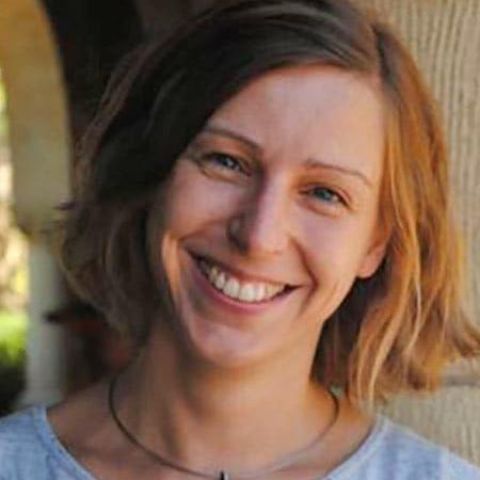Katja Nowack
Associate Professor
Low temperature scanning probe microscopy, in particular scanning SQUID microscopy, but in the future expanding to other mesoscopic probes. Local imaging of magnetic and electric properties. Low-noise transport measurements. Using tools from quantum information processing for sensing. Application of these techniques to different quantum materials for example topological insulators and complex oxides and topological phases of matter.
Research
When many simple particles, e.g. electrons, interact complex order can emerge. The solid state has proven to be the perfect stage for this to happen: interactions between various degrees of freedom, e.g. spin, charge and orbital, lead to a rich and diverse range of emergent phenomena with superconductivity, magnetism and topological order being prominent examples.
The focus of my group will be to implement a toolbox suitable to study a range of emergent phenomena and order occurring in quantum materials. The toolbox will consist of magnetic and electric probes, such as SQUIDs, Hall bars and single electron transistors (SETs) and potentially hybrids of these to be used in set-ups that combine imaging and low-noise transport characterization. We will also develop novel probes, in particular by harnessing tools used in quantum information processing.
Educational Background
- Associate Professor, Cornell University, 2024-present
- Assistant Professor, Cornell University, 2015-2024
- Postdoctoral Researcher, Moler Lab at Stanford University 2011-2014
- Postdoctoral Researcher, Quantum Transport Group at Delft University of Technology 2010-2011
- Ph.D. in Physics, Delft University of Technology, 2009
- M.S. in Physics, RWTH Aachen, 2005



